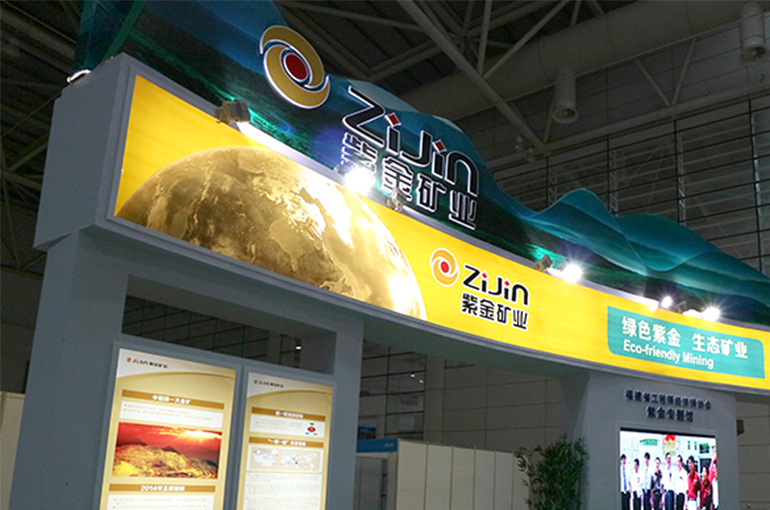 Chances for China’s Zijin Mining to Win Lawsuit Against Colombian Gov’t Are Still Unknown
Chances for China’s Zijin Mining to Win Lawsuit Against Colombian Gov’t Are Still Unknown(Yicai) Nov. 18 -- The probability of success of China’s Zijin Mining Group in a lawsuit filed with the International Center for Settlement of Investment Disputes against the Colombian government over alleged missed protection during operations at a local mine is still unknown.
The details of the case were not revealed to the public, so it is impossible to calculate the probability of Zijin winning the case, Chi Manjiao, a professor at the School of Law of the University of International Business and Economics and ICSID mediator, told Yicai.
Article 2 of the investment treaty signed by China and Colombia rules that the host country should provide investors with protection and security according to international law, Chi explained. Therefore, the ICSID should reach a verdict for this case based on these standards, he added.
Zijin Mining acquired the Buriticá gold mine from Continental Gold in March 2020. The seller then signed a security agreement with relevant Colombian authorities on behalf of Zijin Mining.
However, there were attacks on the Buriticá mine last year and in 2022. In particular, the mine was bombed in an attack that killed two people and injured 14 in May last year.
At that time, Zijin Mining called on the Colombian authorities to beef up the crackdown on illegal mining-related violence and to protect the rights and interests of companies and the personal safety of their employees.
In July, Zijin Mining filed a lawsuit against the Colombian government and Continental Gold over security risks at the Buriticá mine.
The Wall Street Journal reported on Nov. 13 that about 3.2 tons of gold worth hundreds of millions of US dollars had been stolen from the Buriticá mine by a drug-trafficking gang that has taken over 30 miles of tunnels.
The following day, Yicai learned from Zijin Mining that illegal mining had been ongoing at the Buriticá mine since before China’s largest gold producer acquired it in 2020, and pointed out that the impact on earnings has been minimal.
“The illegal miners entered by digging holes, and the actual amount of illegal mining is difficult to count,” the person in charge of the board secretary’s office at the Longyan-based company told Yicai. “We don't know where the ‘three tons of gold’ circulating on the internet came from.
“The previous [Colombian] government cracked down on illegal mining with great force, while the current administration has a more ambiguous attitude toward it,” the person said.
Editor: Futura Costaglione